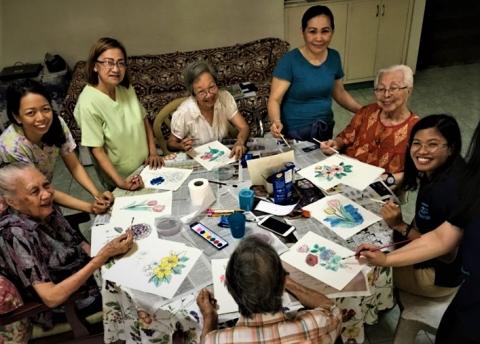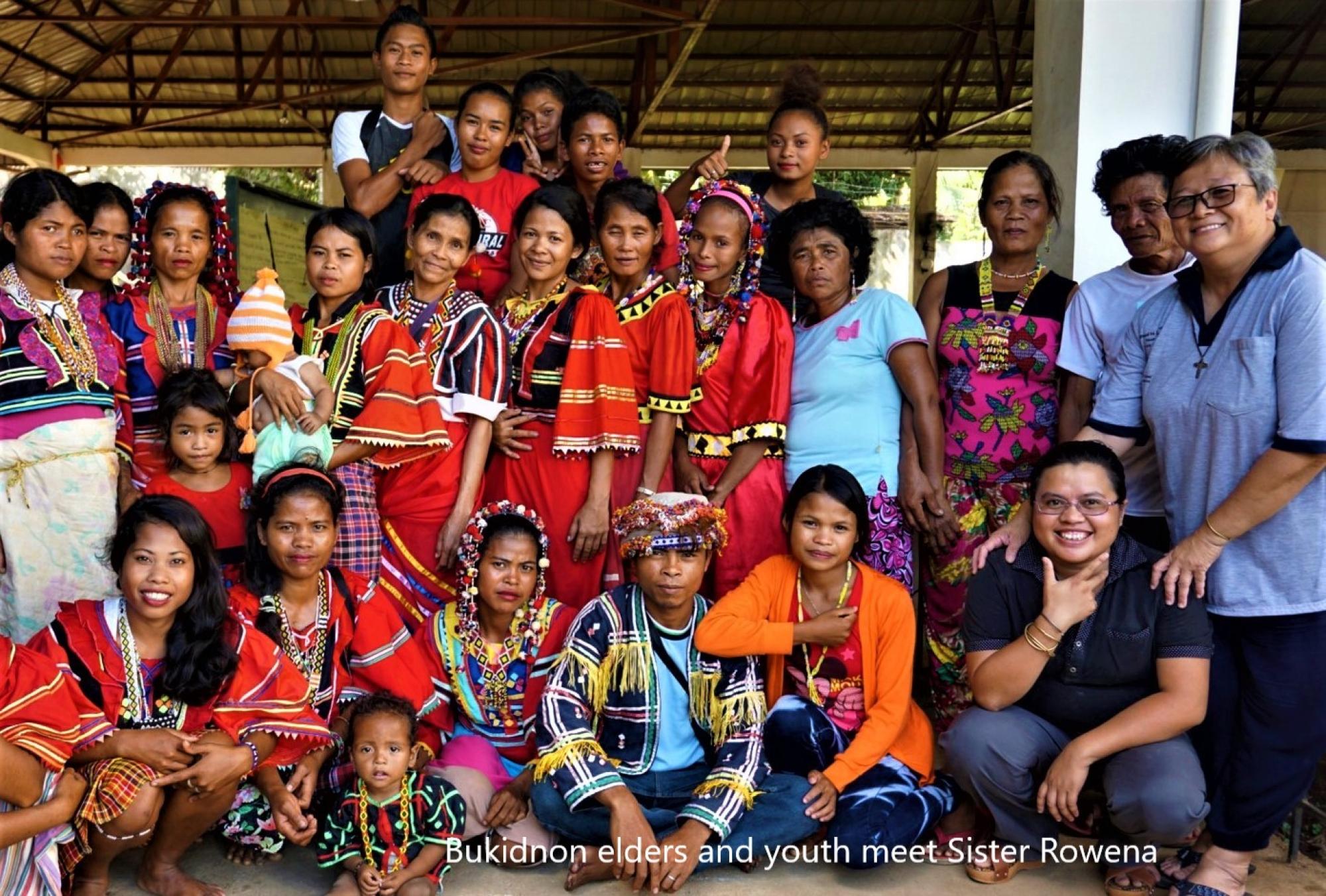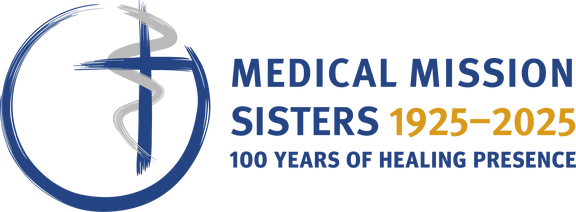The Philippines
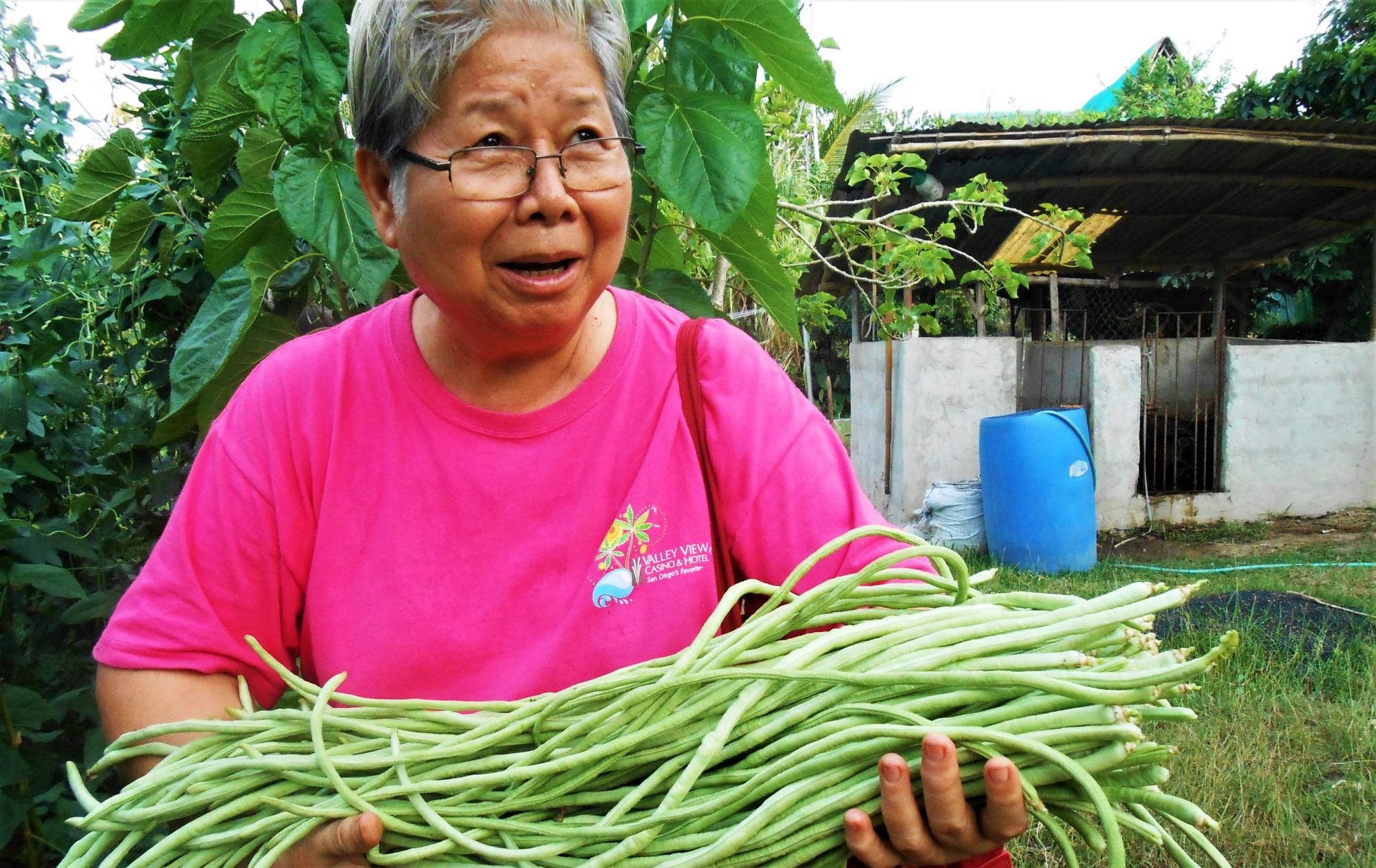
Our history in The Philippines
Between 1947 to 1960, twelve Filipino women joined the community in the USA and, in April 1960, Anna Dengel sent two of them to found Medical Mission Sisters in the Philippines. The purpose was to establish a novitiate that would serve as a personnel resource, not only for Asia, but for other countries. Since then, Filipino sisters have been part of missions in: Asia; Africa; Europe; and the Americas, rooting themselves in local cultures and becoming a healing presence in diverse ways. Currently, Filipino Sisters serve in four continents.
Acute awareness of the life-stories of the majority poor and how social systems continue to deprive them of their rights and dignity has influenced MMS in The Philippines to make choices as to where and for whom their energies and resources should be directed. Embracing mission as part of MMS life in all life stages and an intensive ministry of prayerful support for the vulnerable is growing among our older members.
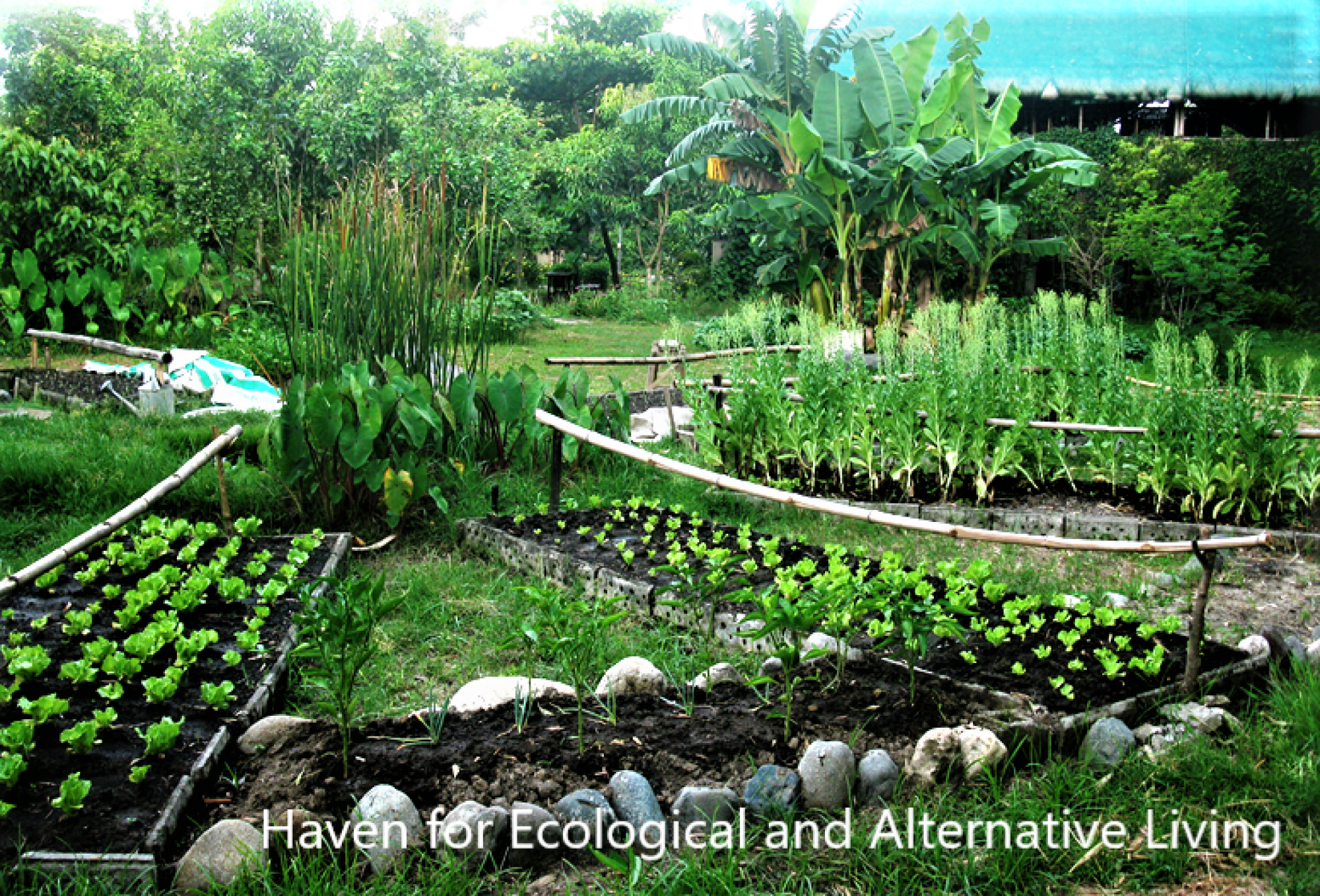
Focus of our mission in The Philippines
Care for our Common Home - ecological learning and living
Solidarity with marginalised and vulnerable people
Care for the wellbeing of sisters and lay staff
Ecological learning and living
HEAL (Haven for Ecological and Alternative Living); and
EcoHOME (Ecological Healers of Mother Earth)
- Development of an education programme for ecological awareness raising of individuals/groups (religious groups, lay people, students, farmers, etc.) and inclusion of Laudato Si' in the Unit Renewal Programme;
- Ecological living – organic farming, use of renewable energy such as windmill and solar panels, segregation of waste, efforts towards sustainable living;
- Creation of EARTH (Ecological Awareness Raising Team for Healing) to systematise the ecological education programmes for the Unit in promoting ecological spirituality; and
- Participation in the yearly observance of Earth Hour, the celebration of the Season of Creation and other Church initiatives calling for environmental action.
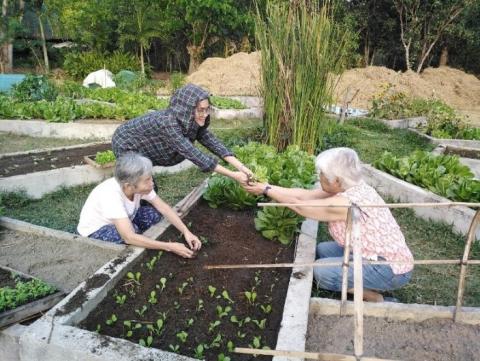
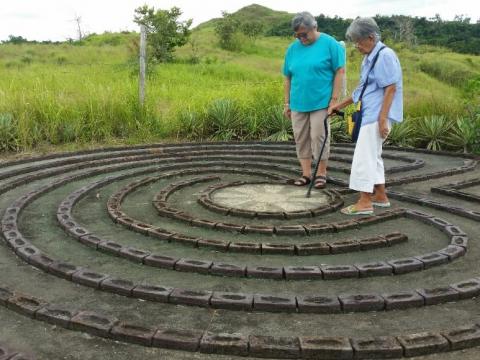
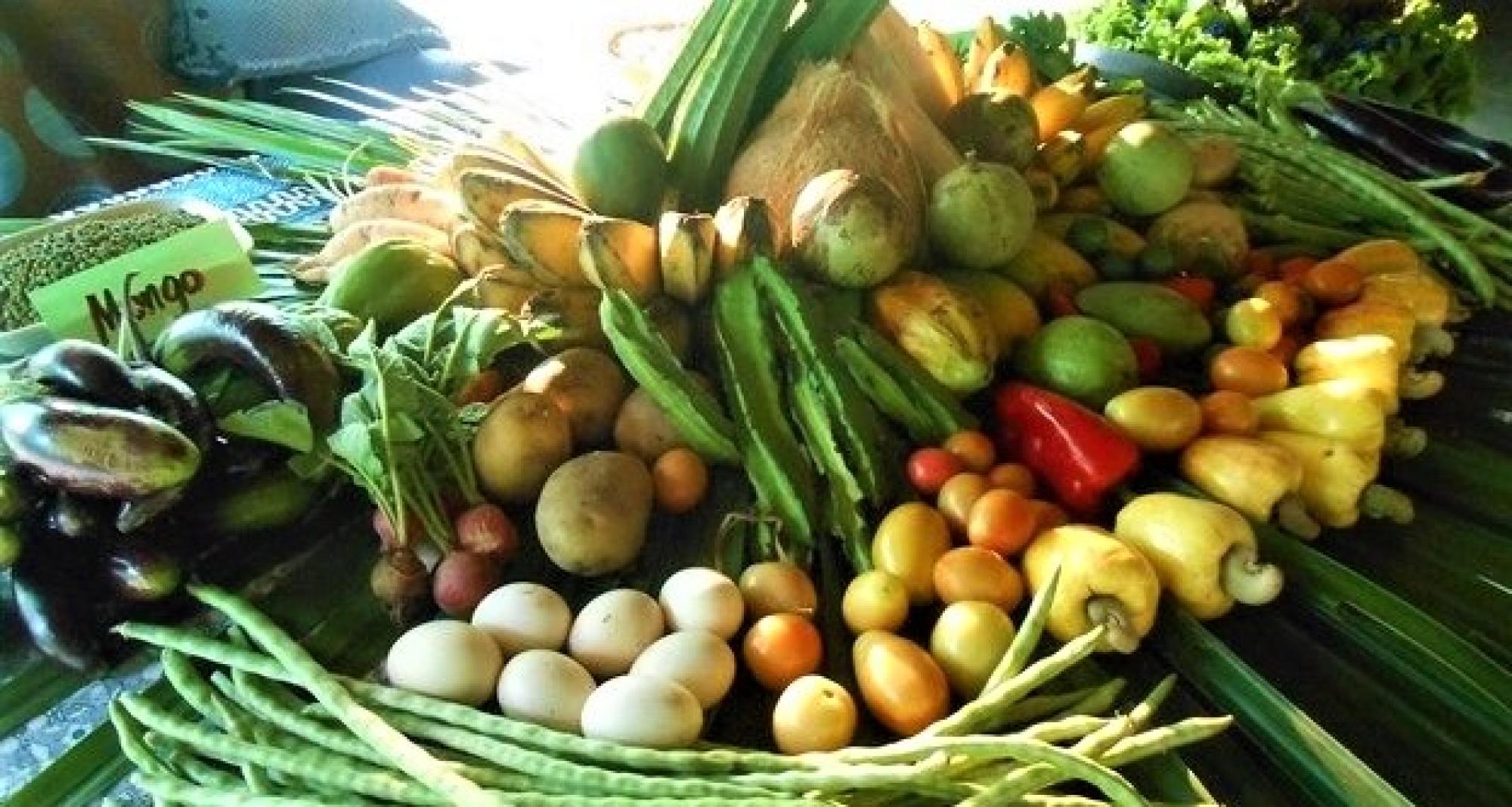
Solidarity with marginalised and vulnerable people
- Developing hospitality as mission in all communities i.e., providing sanctuary for persons in vulnerable situations. Bethany Community is designated as the community in the unit whose primary mission is hospitality;
- Empowerment of indigenous people through education, health, agro-forestry and livelihoods;
- Ministry to the migrant workers and anti-human trafficking;
- Solidarity with marginalised and vulnerable people during the pandemic and other calamities (typhoons, earthquake, volcanic eruptions) through providing food and other relief packages to frontliners, urban poor informal settlers, etc.;
- Networking and collaboration with other groups in responding to the pandemic and other humanitarian calamities;
- Advocacy for justice and peace;
- Mission assignments of sisters to other units for solidarity-building;
- Accompaniment, networking and partnership with church, ecumenical, religious and multi-sectoral organisations; and
- Inter-community collaboration in responding to the impact of the pandemic on marginalised and vulnerable communities.
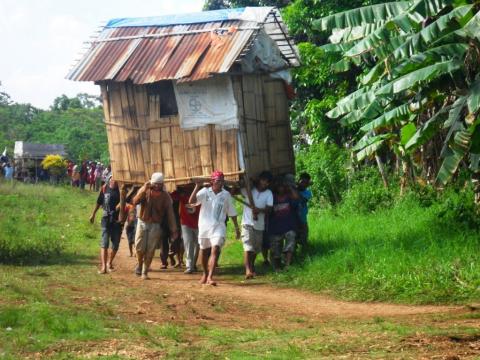

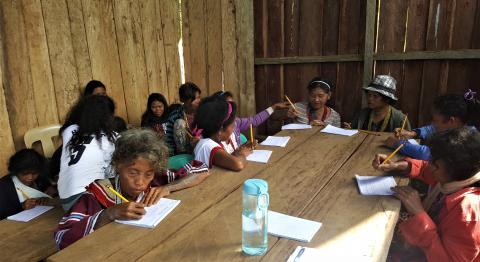
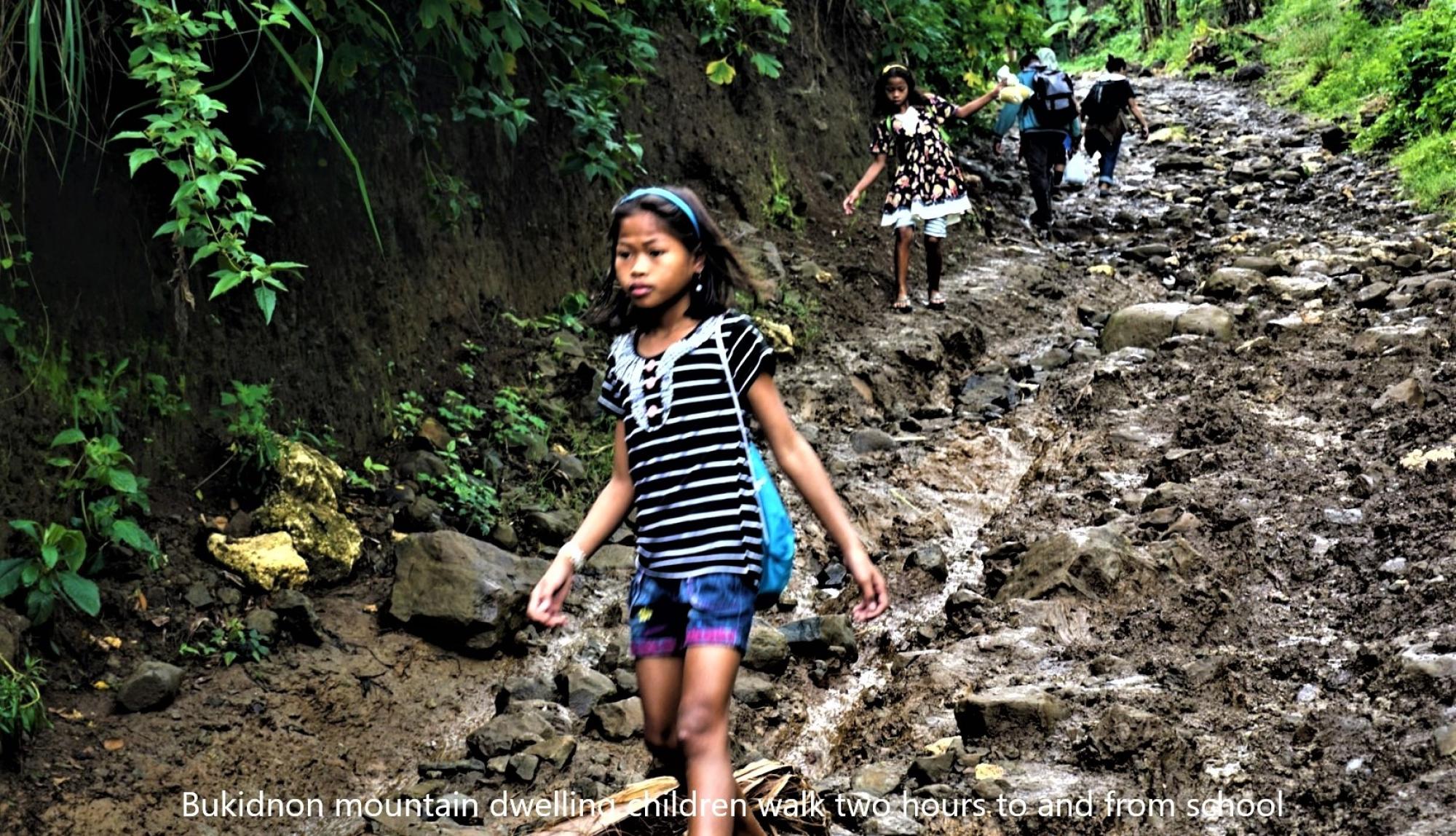
Care for the well-being of Sisters and lay staff
Shalom Community
Fifteen Sisters make up Shalom Community, with the ages of members ranging from 70 years to 100 years old. This community has grown in number, in age and in appreciation of who they are becoming. The missionary spirit is alive and palpable in their lives as they continue to respond to mission needs through prayers, inspiring others with their lives, being present to each other, embracing their vulnerability with a strong sense of love and belonging and overflowing with gratitude for all that has been and will be.
Embracing their vulnerability as a community has opened new possibilities for responding to mission needs - e.g., calamities and the Covid-19 pandemic - through inter-community collaboration, collaboration with other organisations and local church.
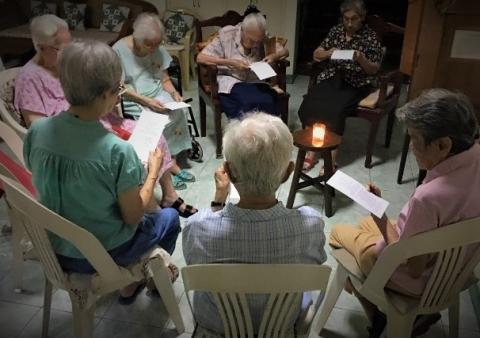
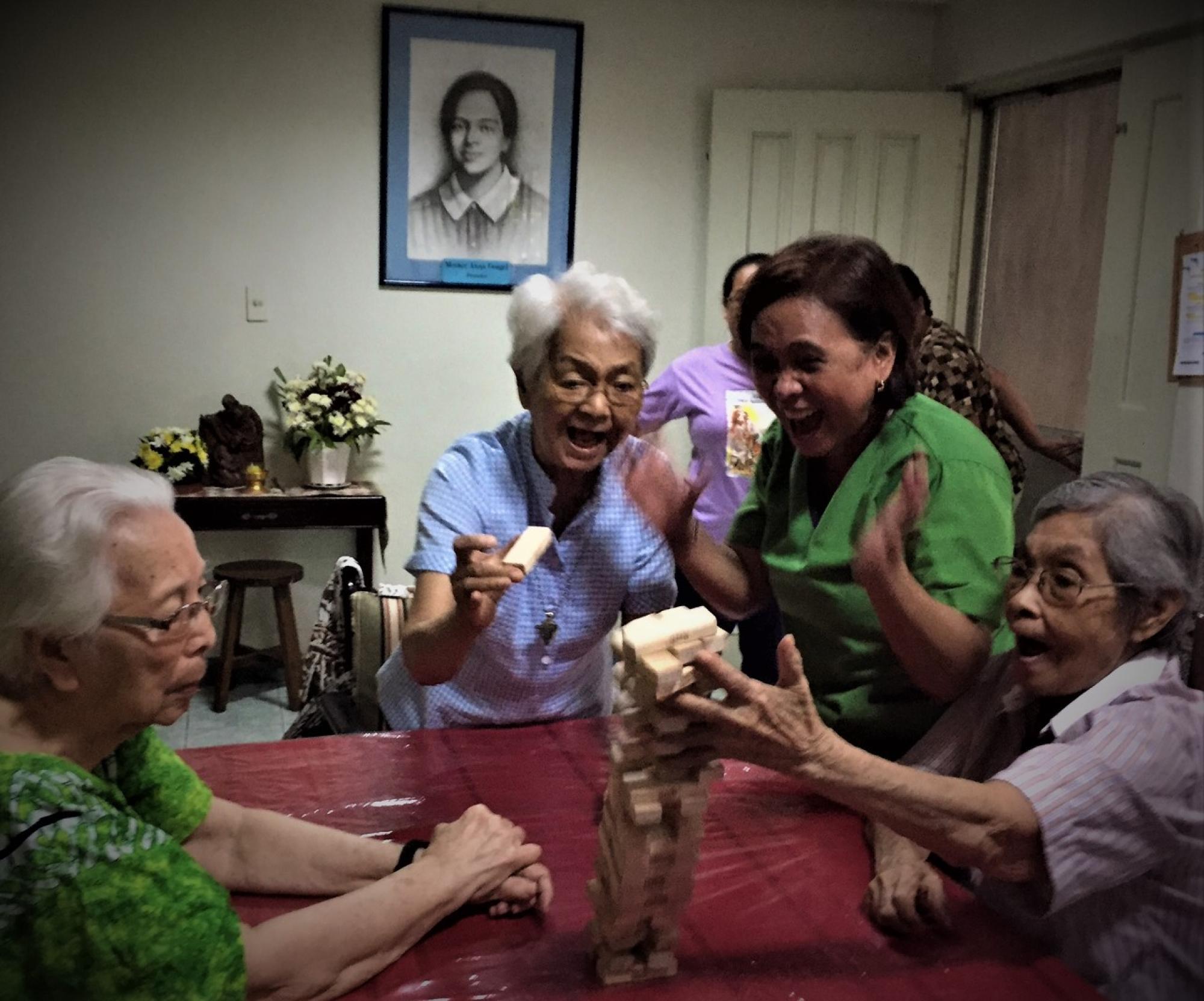
Unit Health System
A Unit Health System has been established, supervised by retired Sister Dr Dulce Velasco, where a lay geriatric physician, a nurse and caregivers make regular visits in collaboration with a tertiary hospital, medical laboratories, ear nose and throat and dental clinics.
With restrictions imposed during this time of COVID-19 pandemic, the lay geriatric doctor continues to monitor the elderly Sisters’ health through monthly tele-medical consultations.
